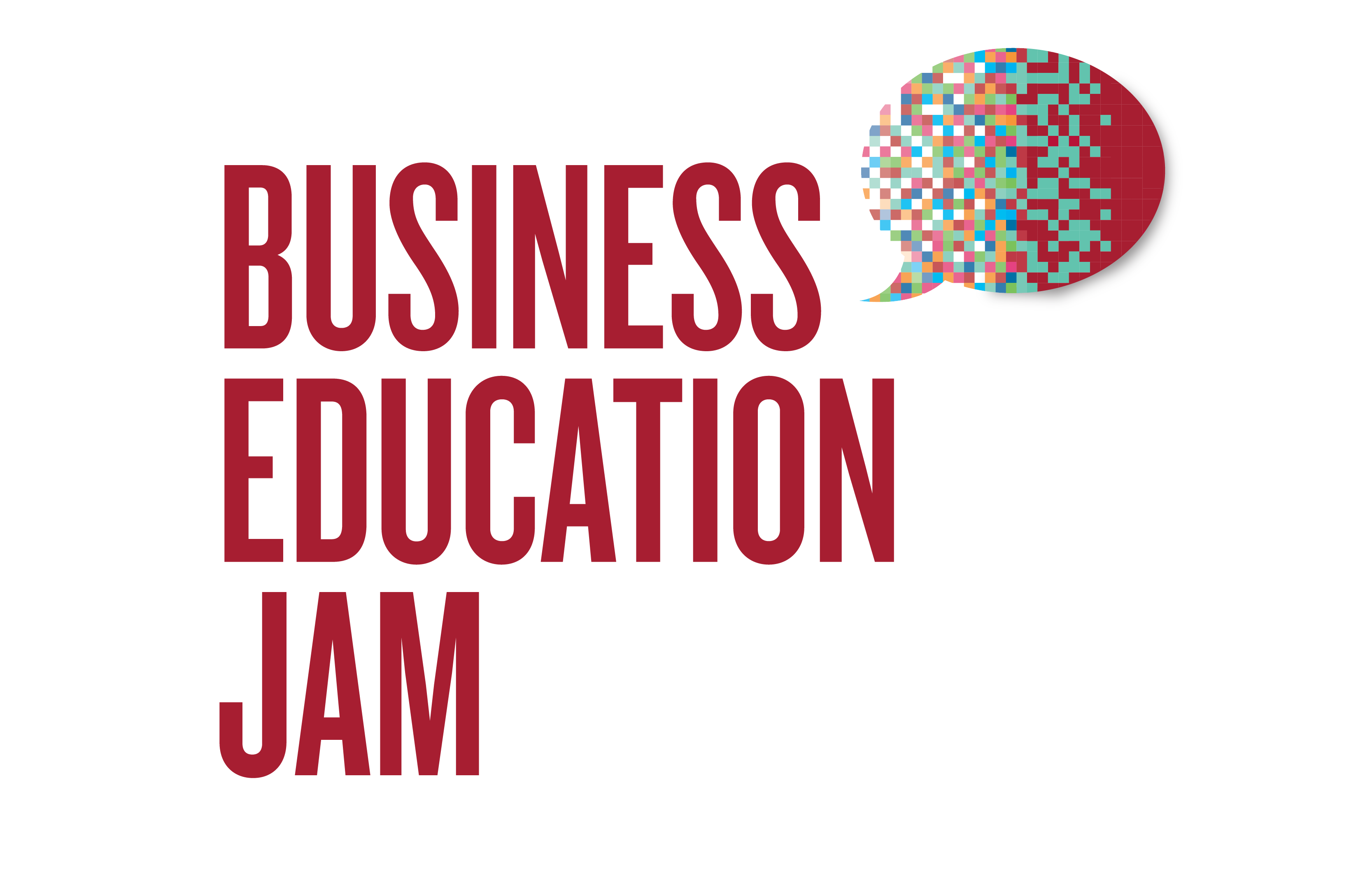Gerry George, Dean of Lee Kong Chian School of Business

The Next Frontier of Learning
Technological innovation and globalisation has resulted in a business landscape that is shifting almost by the minute. Microlearning, according to Professor George, is a way for students to focus on very specific skills to equip them with the tools to stand out in an ever-changing business environment. With AI, machine learning and blockchain technology poised to change the way we do business, education today goes beyond content covered in a classroom. Professor Gerard George, Dean of Lee Kong Chian School of Business, is excited to share ideas on how business education will be disrupted not just in the next five years, but right here and now, at the upcoming Business Education Jam: Singapore 2018.
Technological innovation and globalisation has resulted in a business landscape that is shifting almost by the minute. Microlearning, according to Professor George, is a way for students to focus on very specific skills to equip them with the tools to stand out in an ever-changing business environment. The term refers to a way of teaching that delivers content in concentrated bursts.
“For example, our finance courses all cover a bit on modelling techniques, but they do not certify that you’ve learnt particular modelling skills,” says Professor George.
“Now if I want to be a data analyst, my employer might want to see some form of certification. Is there a way of incorporating a platform whereby students can learn in their own time such specific skills and be certified during the course of their programme?”
The Business Education Jam a congregation of educators, industry players, students and alumni with the shared objective of pushing the envelope on business education.
Educational institutions have already taken steps to embrace the use of technology, but Professor George believes that schools are just on the cusp of maximising the potential of digital tools to deliver the best possible learning experience.
“A trend we will be seeing more of is that of providing a blended education, enabled by technology,” says Professor George.
“Technology has vastly improved with distance learning programmes using videos and other platforms. But what is happening is that big, branded universities will educate using technology, and people will focus on just those big brand names instead of the quality of education.
Not all schools will succeed, especially smaller, niche schools, even if they all employ some element of technology.”
Professor George advocates a blended education programme that combines campus learning with technology-enhanced education. SMU, for example, provides a holistic learning experience that involves physical interactions with corporate partners that cannot be replicated by online videos and presentations. The key is finding the right blend of classroom learning and work experience, together with the flexibility of, say, online instruction that could take place at the convenience of the student.
Global vs local
With globalisation comes the need for contemporary workers to have the right skills to excel in international environments. However, schools will have to find that balance between preparing students for interacting with international partners or even working in a foreign setting and familiarising them with the nuances of local culture and economies.
“It is really a paradox: how can we stand out globally in ranking while retaining a local focus,” says Professor George.
“The pressure to be local is great, but how do you manage that? For example, we work with industry partners, both in research and in teaching, through leadership certification programmes and enrichment programmes within existing degree structures to incorporate some element of localisation. And we need to do a lot more in Southeast Asia than we are now, through entrepreneurship programmes or placements in regional internships.”
Today, students tend to seek higher education with a regional presence as employers usually gravitate towards candidates with knowledge of the local market. According to Professor George, even Chinese graduates from top US universities find difficulty in securing coveted jobs back home as companies require workers trained to handle regional issues. At LKCSB, 40 per cent of the MBA curriculum revolves around ASEAN or Southeast Asian challenges. The faculty also provides plenty of expertise in the region. That said, global brand name degrees still hold plenty of cachet due to credibility and prestige.
“We will think more about global partnerships in our degrees, as people are increasingly globally mobile,” says Professor George.
“Because we are far too new, so we may partner with global brands. There is a need for business schools to adapt, as students want more regional presence but a global brand.”
For more thoughts from Professor Gerard George, join us on Facebook Live this 28 August 2018, 4pm SGT.


